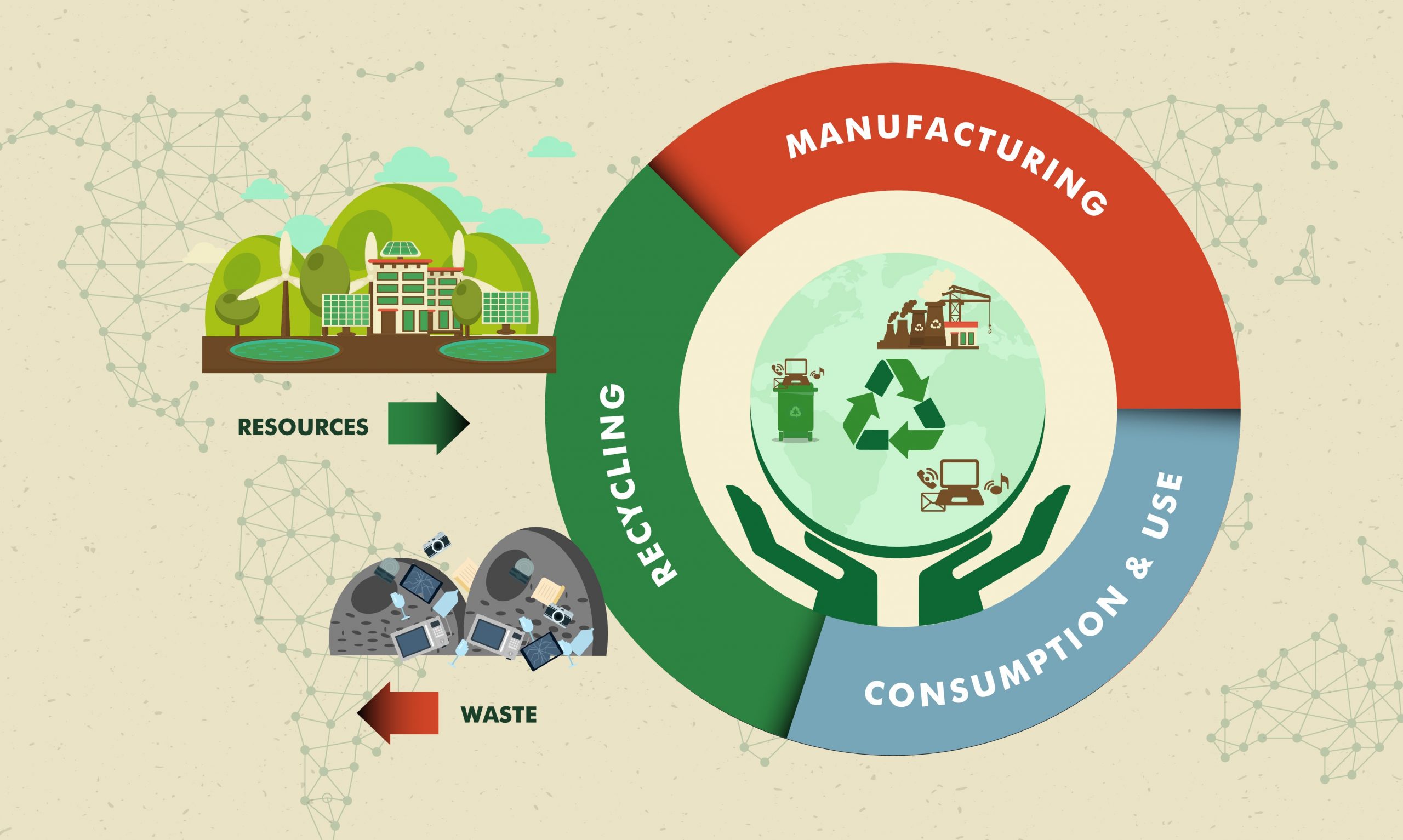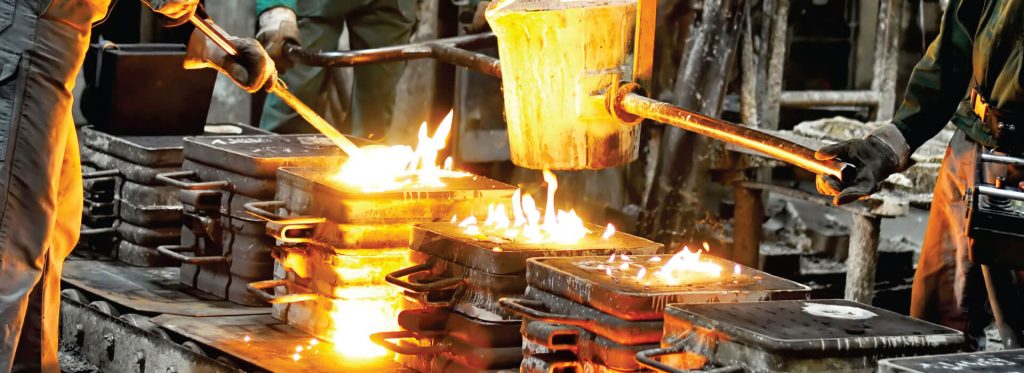In an era where environmental sustainability is pivotal, the concept of the circular economy has gained significant traction. At the forefront of this movement is metal recycling, a crucial component in the quest to reduce waste, conserve resources, and minimize our environmental impact. This article delves into what the circular economy is and how metal recycling plays a crucial role in its realization.

Understanding the Circular Economy
The circular economy is a regenerative system designed to minimize waste and make the most of resources. Unlike the traditional linear economy, which follows a “take, make, dispose” model, the circular economy promotes a closed-loop system. In this paradigm, products, materials, and resources are continually recycled, reused, and repurposed, creating a sustainable and circular flow of goods.
Metals are fundamental materials in our daily lives, found in products ranging from electronics to infrastructure. The extraction and processing of virgin metals, however, come at a significant environmental cost, involving energy-intensive processes and habitat disruption. Metal recycling offers a sustainable alternative by reintroducing discarded metals into the production cycle.
How Metal Recycling Works
The process begins with the collection of discarded metal items. These can be sourced from consumer products, industrial waste, or end-of-life vehicles. Advanced sorting technologies, such as magnetic separators and eddy current systems, are employed to categorize metals efficiently.
Once sorted, the metals undergo processing and shredding to reduce them to a more manageable size. This step facilitates subsequent separation and extraction of different metal types.
The shredded metal is then melted down in high-temperature furnaces. During this phase, impurities are removed, and the molten metal is purified to meet industry standards.
The purified metal is now ready to be reformed into new products. Whether it’s aluminum, copper, steel, or other metals, the recycled material can be used in various industries, reducing the need for virgin resources.

Benefits of Metal Recycling in the Circular Economy
Metal recycling conserves finite natural resources, reducing the need for extensive mining and extraction activities. The energy required to recycle metals is significantly lower than that needed for primary extraction, leading to substantial energy savings and a reduced carbon footprint.
Metal recycling creates jobs and economic opportunities within the recycling industry, contributing to local and global economies. By diverting metal waste from landfills, recycling helps mitigate environmental pollution and minimizes the burden on waste management systems.
Metal recycling stands as a beacon of sustainability within the circular economy framework. As we strive for a future where resources are used wisely and waste is minimized, the role of metal recycling in closing the loop on metal production cannot be overstated. By embracing the circular economy and supporting metal recycling initiatives, we take a significant step towards a more sustainable and resilient planet.
Be a Part of the Circular Economy
Join the circular economy movement with TM Scrap Metals. At TM Scrap Metal Recycling, we responsibly handle your metal scrap, ensuring a continuous cycle that contributes to maintaining a greener and more sustainable environment. There’s no necessity for virgin metals when we can efficiently upcycle and recycle any metal. For pricing details, please contact TM Scrap Metal Prices. Make a conscious choice for a more environmentally friendly future with TM Scrap Metals.
